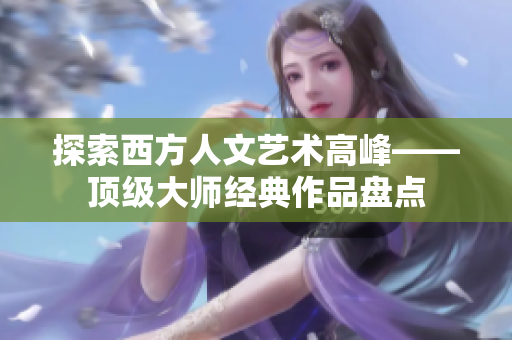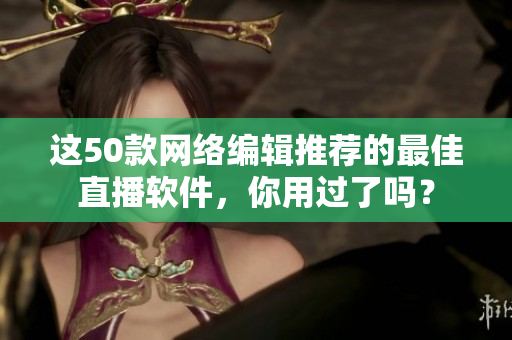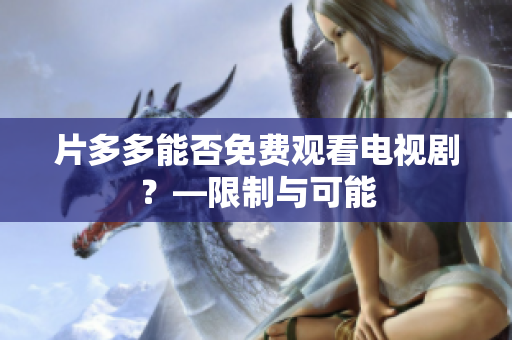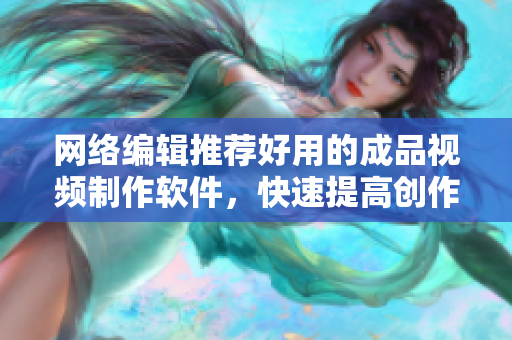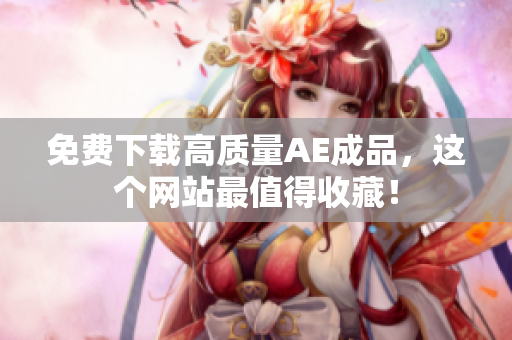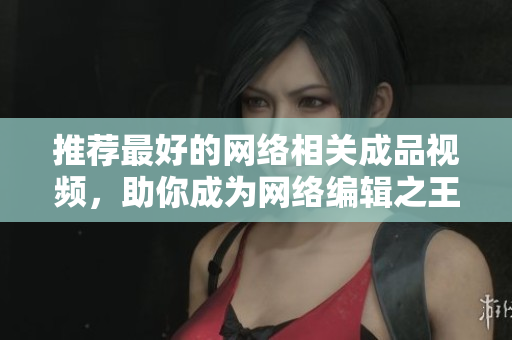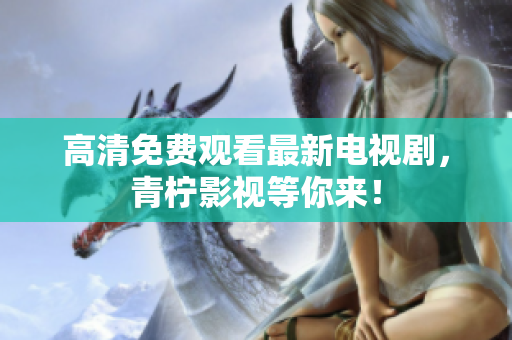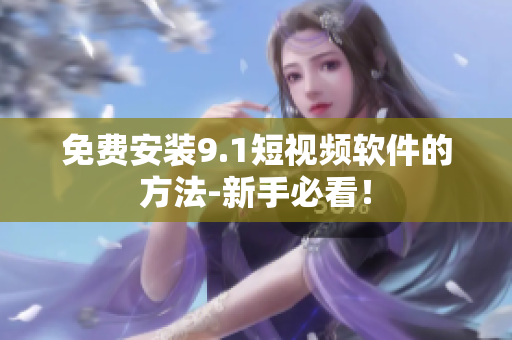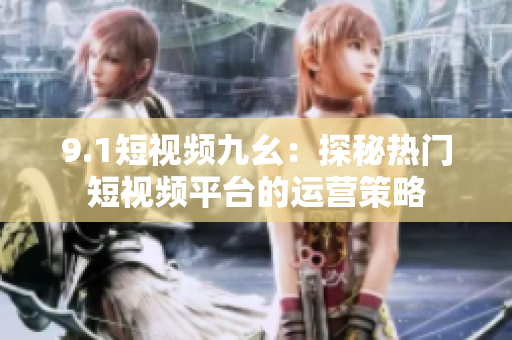Introduction
Western civilization has produced some of the greatest works of art and literature known to mankind. From Leonardo da Vinci's Mona Lisa to Shakespeare's Hamlet, these cultural treasures have shaped our understanding of the world and our place in it. However, in today's digital age, we are faced with new challenges and opportunities that may impact the way we appreciate and create art.
The Impact of 5G Technology
The advent of 5G technology promises to revolutionize the way we interact with media, including art and literature. With faster internet speeds and lower latency, we will be able to experience high-quality streaming of movies, music and other multimedia content. This could lead to a democratization of the arts, as more people will have access to these experiences. On the other hand, some worry that 5G technology may lead to the commodification of art, as it becomes more readily available and more easily marketed to the masses.
The Classroom Experience
As a student, the classroom experience is crucial to developing a deep appreciation for art and literature. However, the shift to remote learning due to the COVID-19 pandemic has posed new challenges for educators and students alike. While online tools have made it easier to share and analyze works of literature and art, it's more difficult to recreate the feeling of being in a physical classroom and experiencing the sense of community that comes with it. Teachers need to find new and creative ways to engage their students and cultivate their appreciation for the arts in a digital environment.
The Ethics of In-Game Purchases
Video games have become an essential part of modern entertainment, with millions of people playing them every day. However, the rise of in-game purchases, where players can spend real money to acquire virtual items, has raised ethical questions about how these games are marketed to children and young adults. While some argue that in-game purchases are a harmless form of entertainment, others worry that they encourage addictive behavior and can be a financial burden on low-income players. Game developers need to find ways to balance their desire to make money with their responsibility to provide a safe and ethical gaming experience for all players.
The Importance of Early Childhood Education
While art and literature are often seen as a luxury reserved for those with the time and resources to appreciate them, early childhood education shows that exposure to these subjects is crucial to a child's physical, social and emotional development. Unfortunately, in many parts of Southeast Asia, access to high-quality early childhood education is limited. This can have a lasting impact on a child's ability to succeed in life, as it can affect their language development, critical thinking skills and creative problem-solving abilities. Investment in early childhood education is essential to ensure that all children have the opportunity to succeed.
Conclusion
The world of art and literature is constantly evolving, and we need to find new ways to adapt to these changes. While technology offers exciting new opportunities, it can also present new challenges that we need to address. By focusing on early childhood education, creating ethical gaming experiences and finding new ways to engage students in a digital classroom, we can ensure that the world of art and literature remains vibrant and accessible for generations to come.

